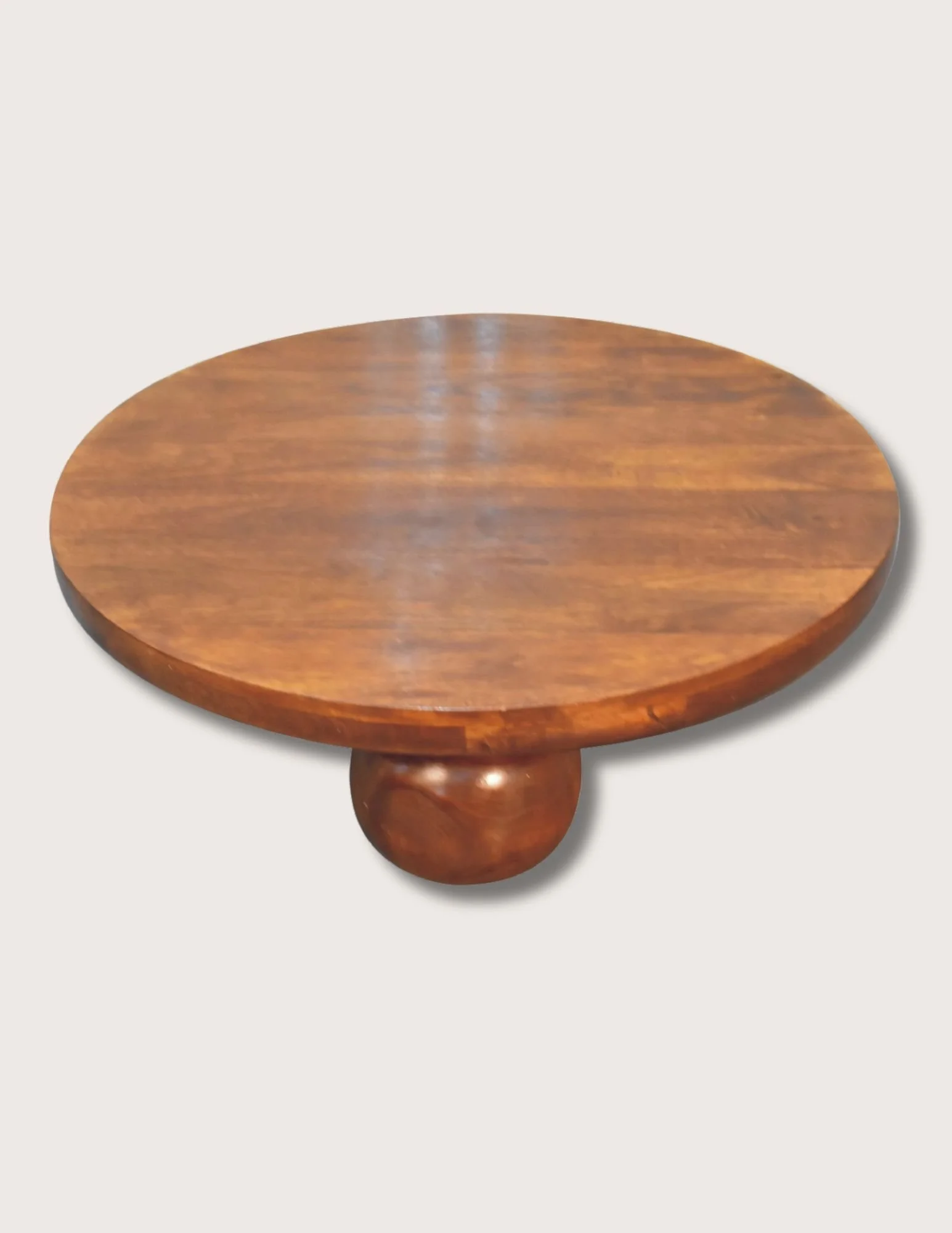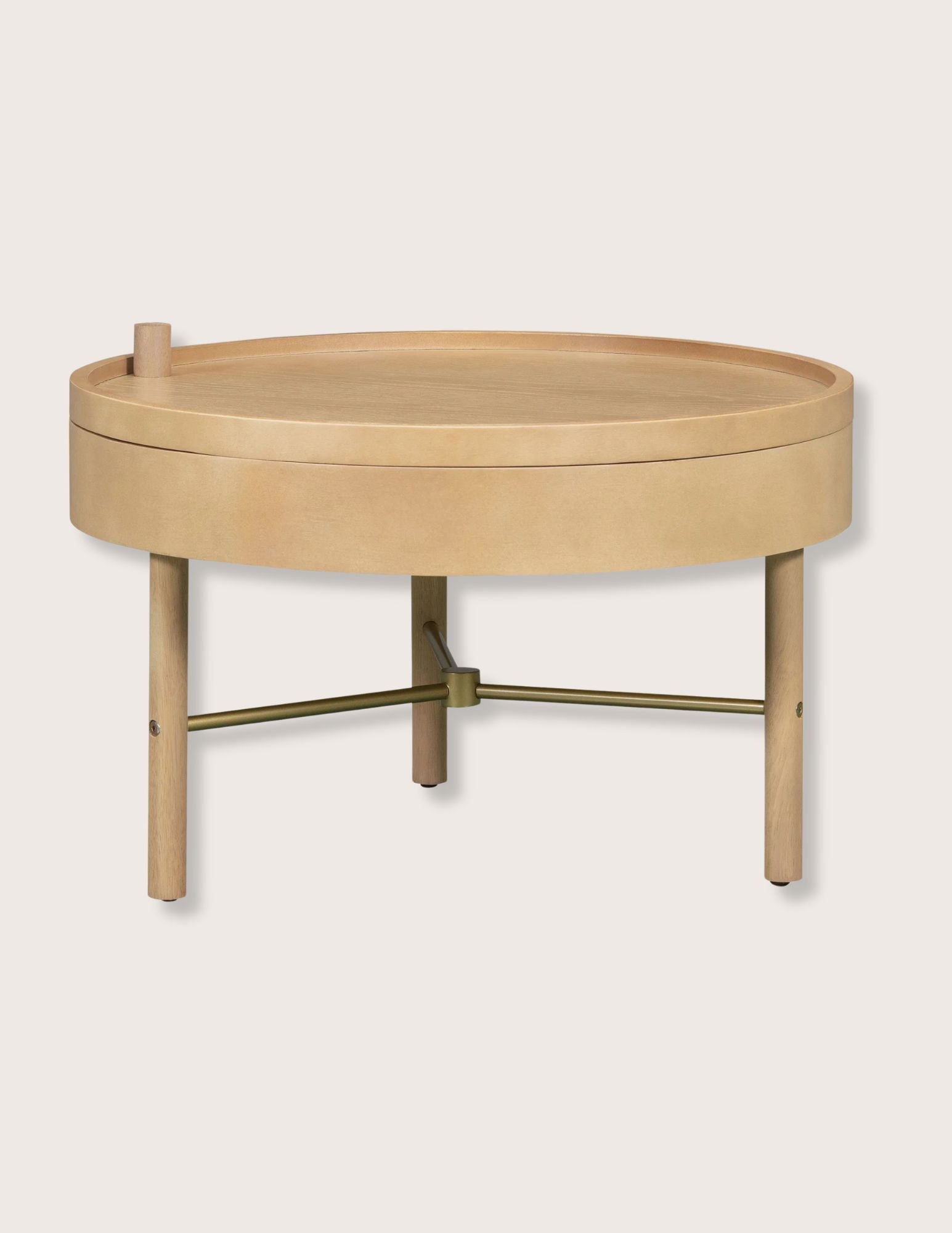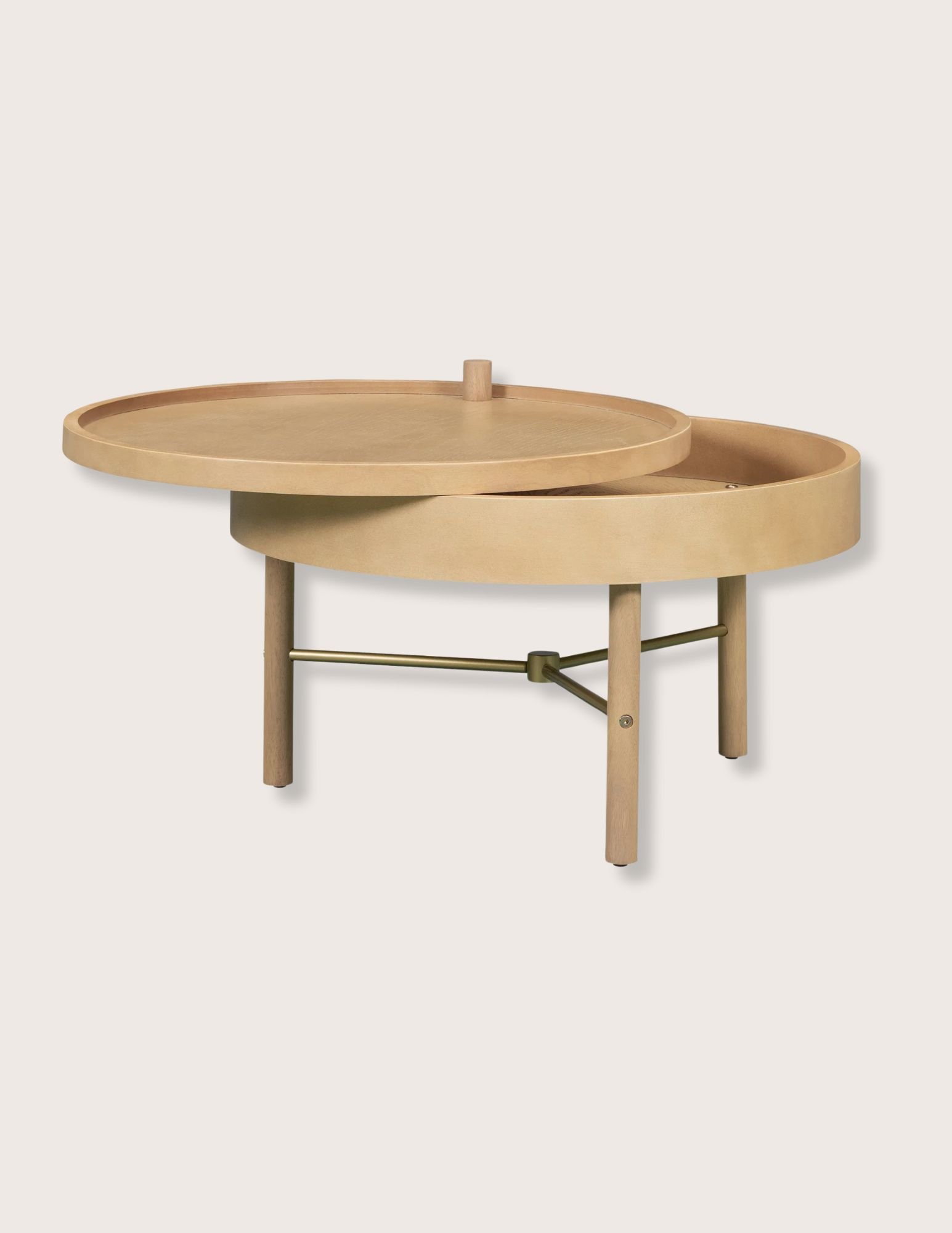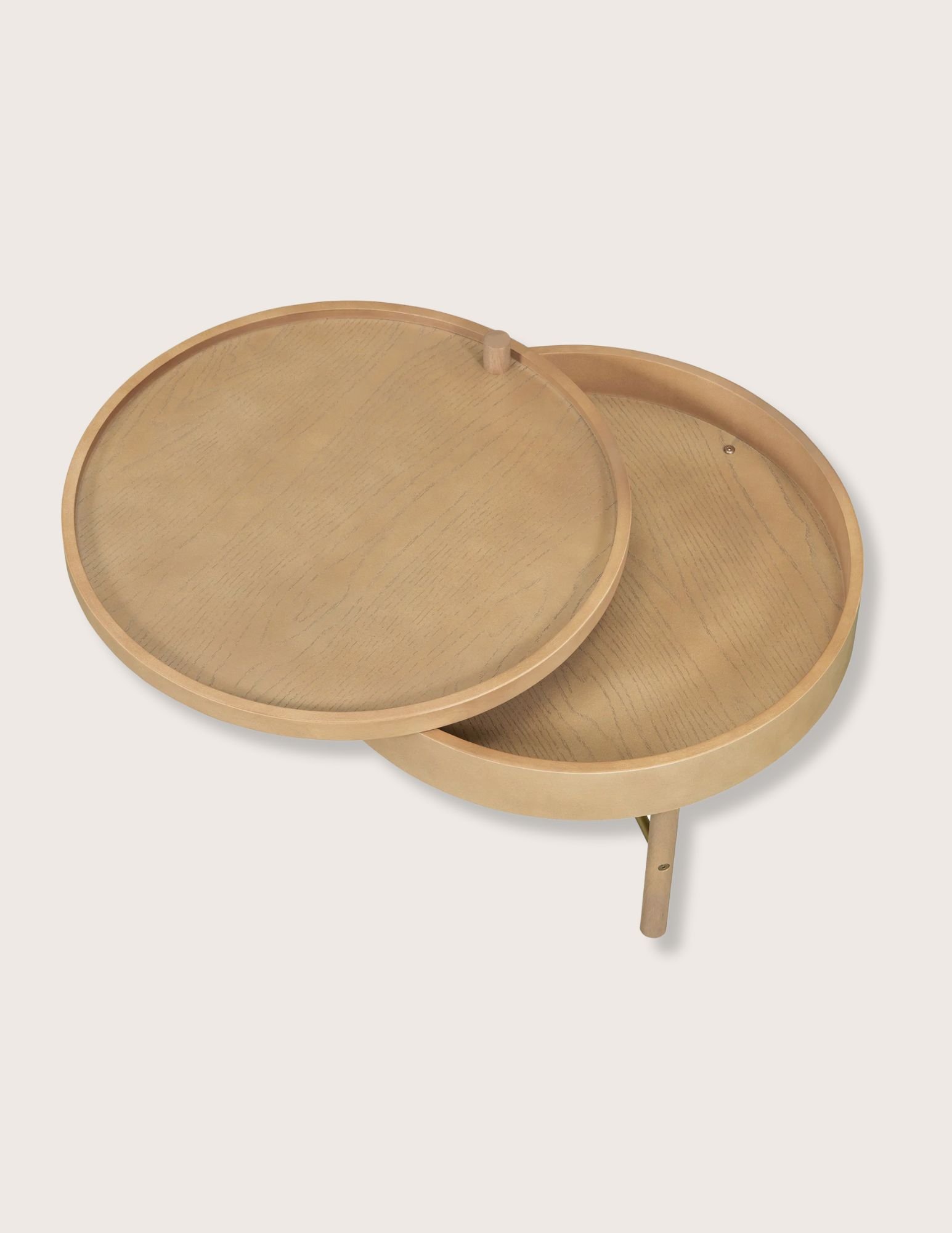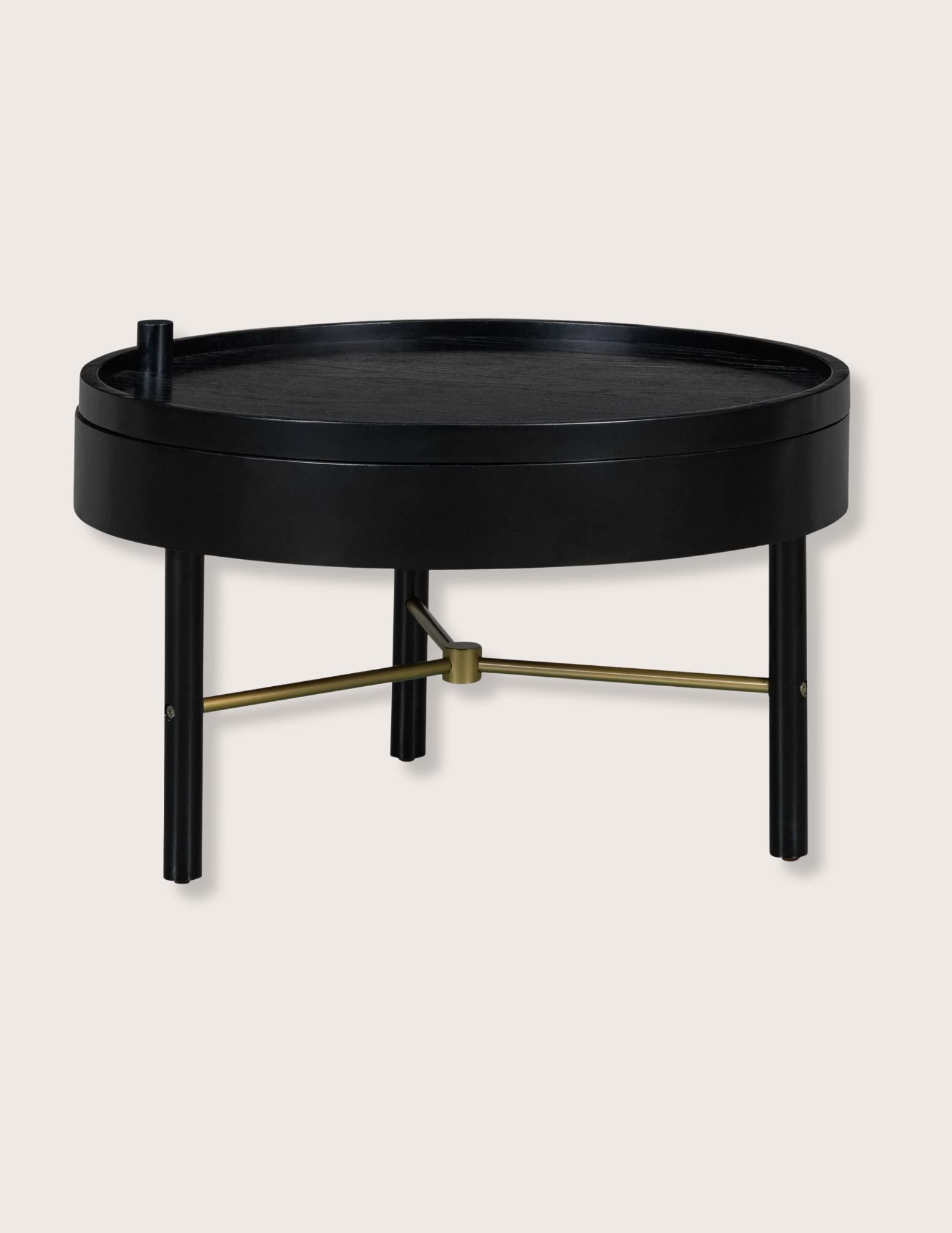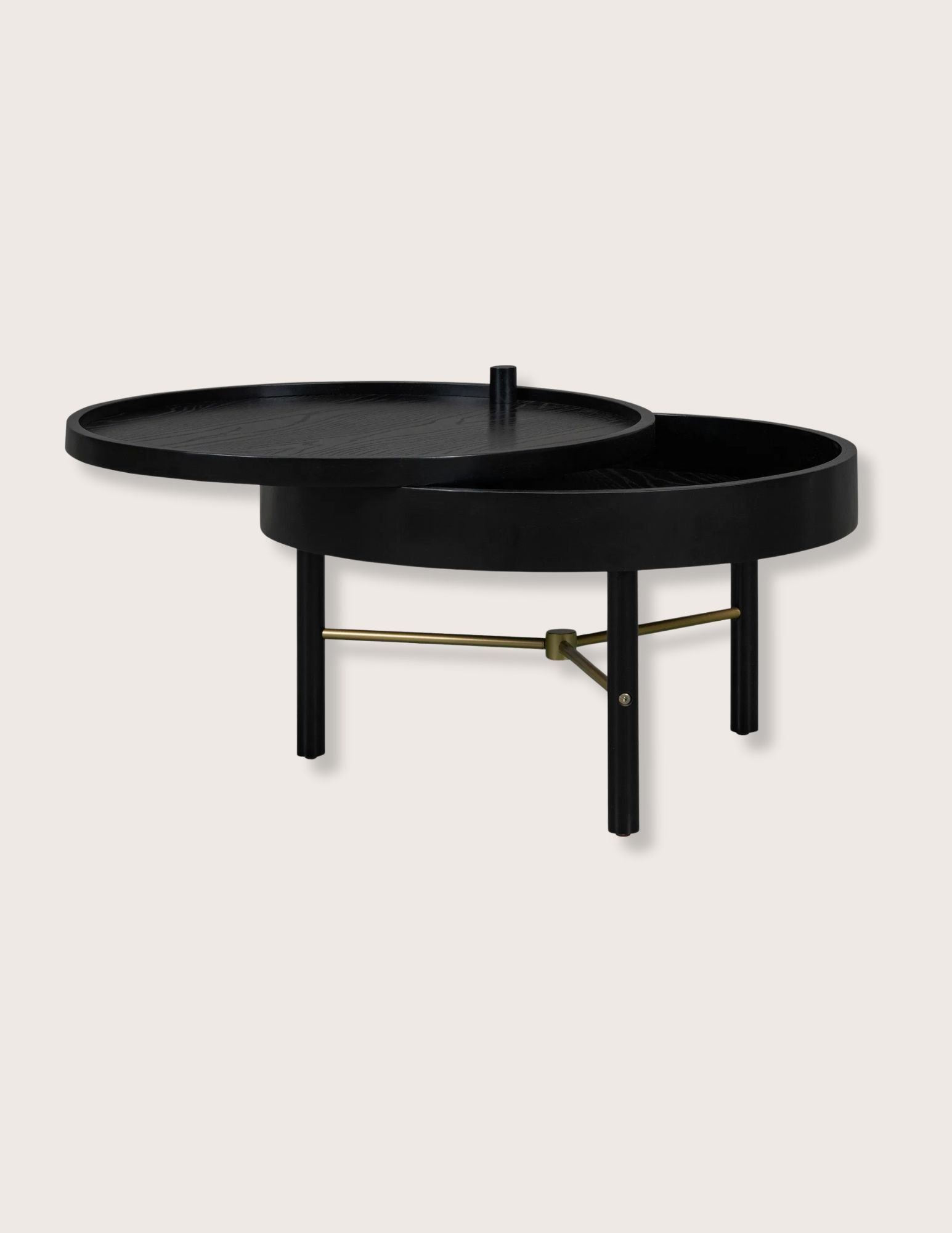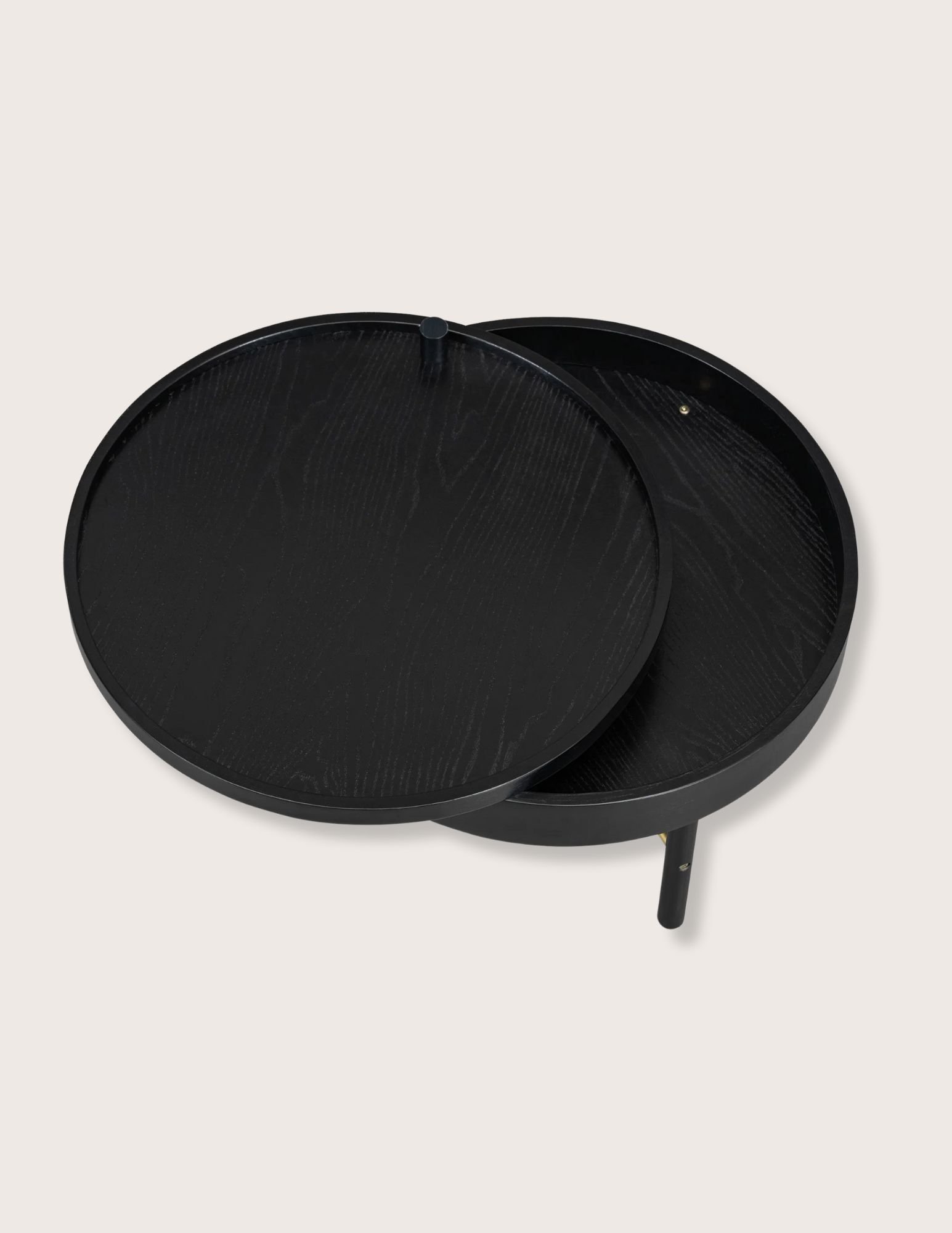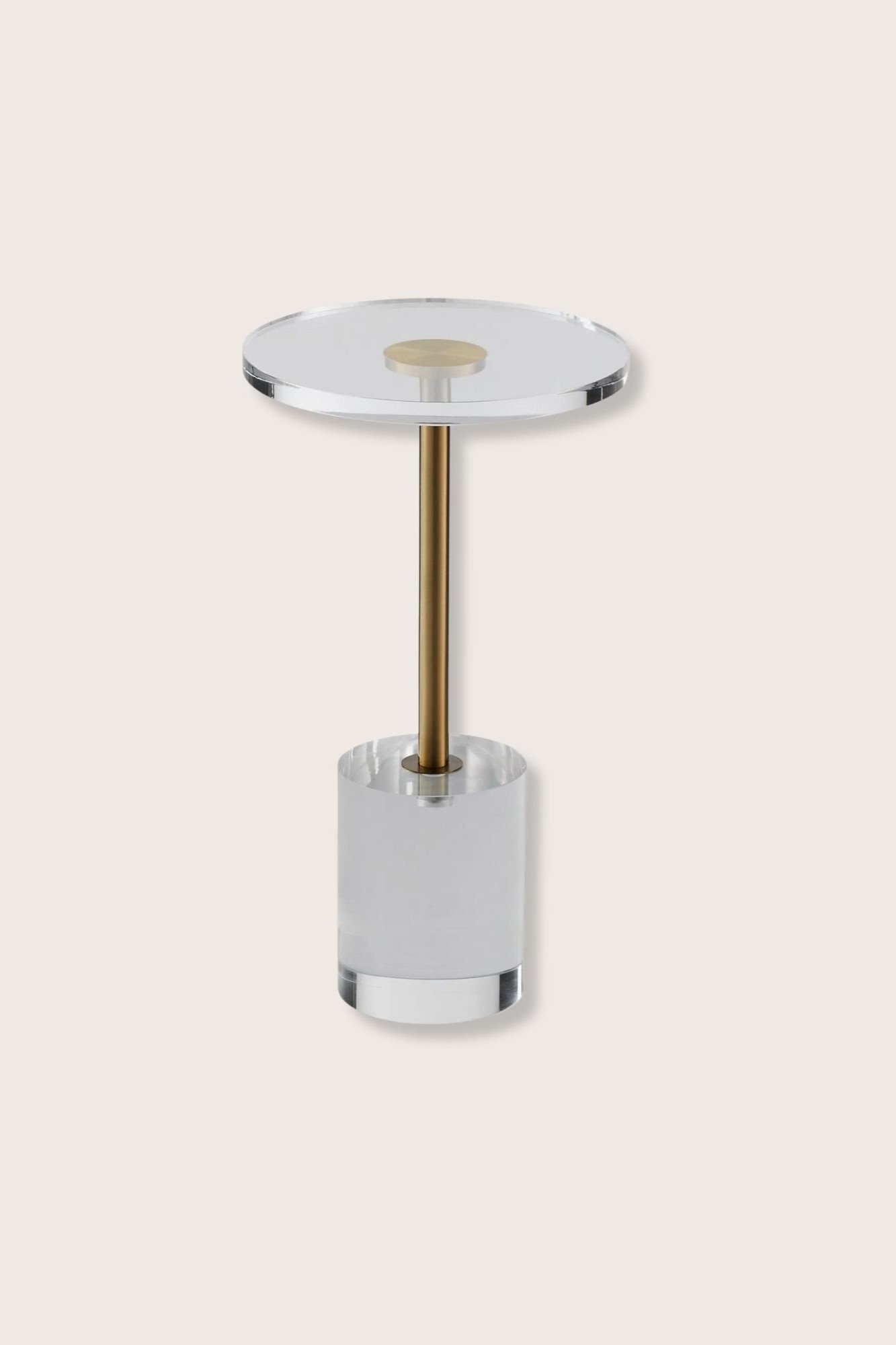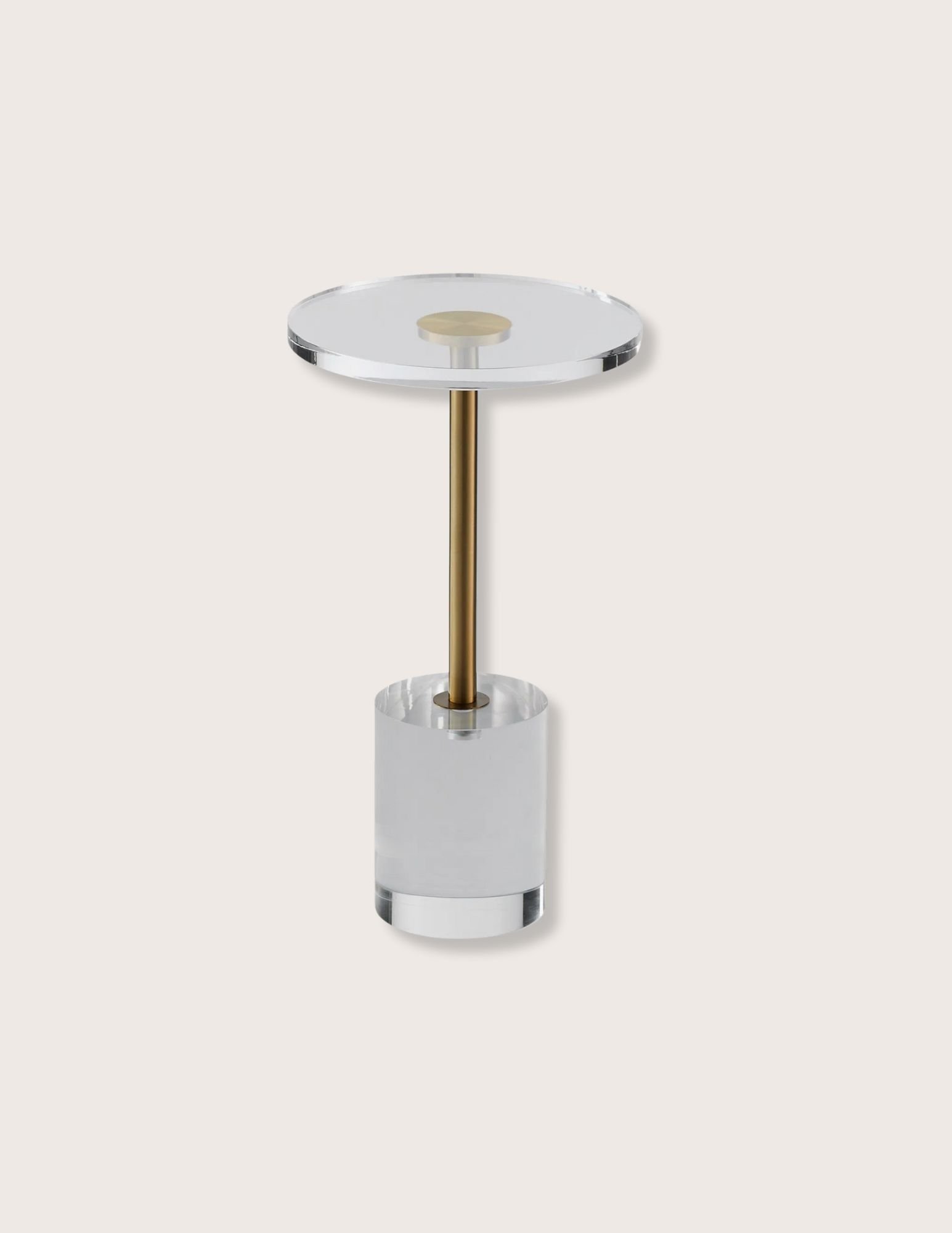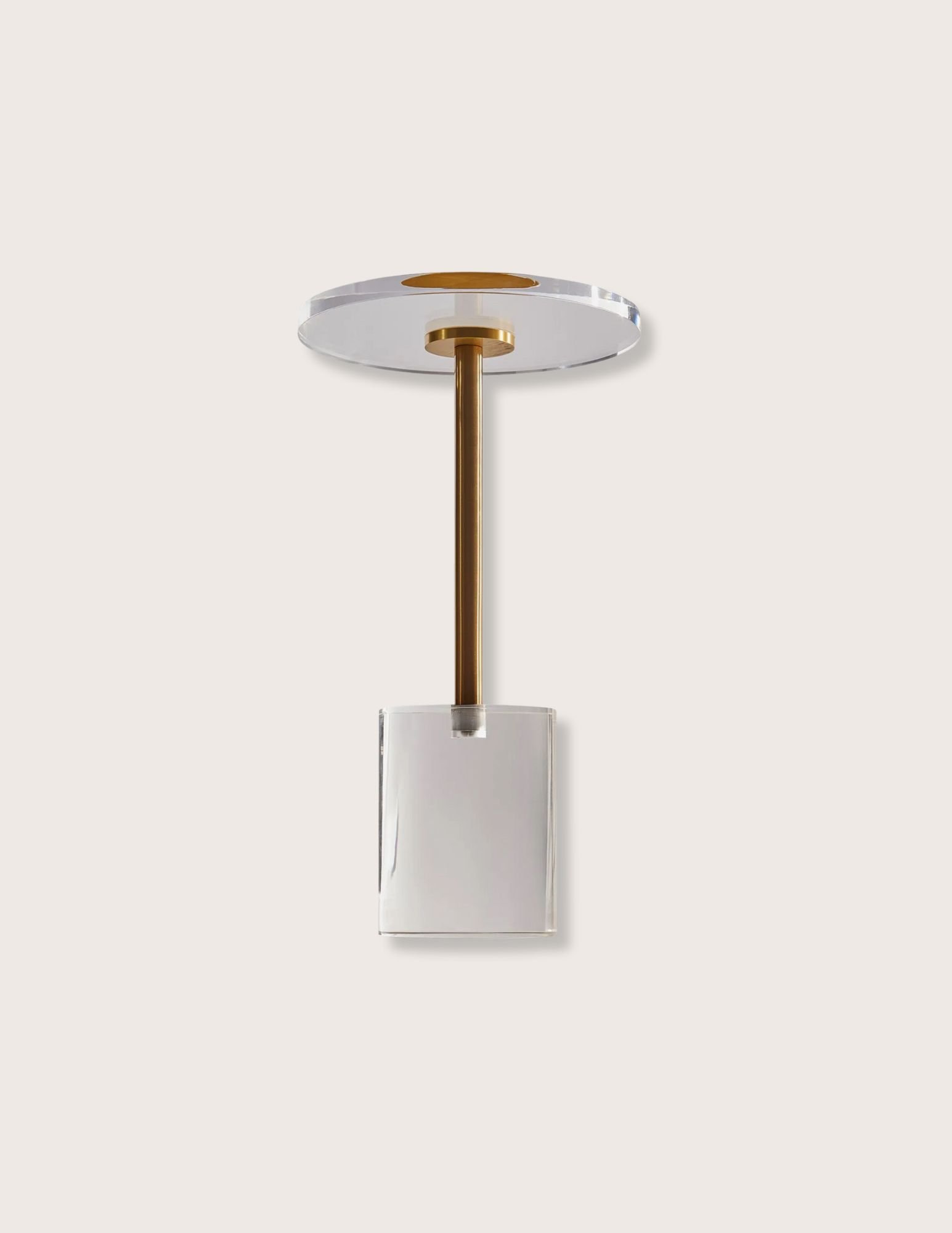 Image 1 of 4
Image 1 of 4

 Image 2 of 4
Image 2 of 4

 Image 3 of 4
Image 3 of 4

 Image 4 of 4
Image 4 of 4





Thuya Burl Wood Coffee Table
Details
Our Thuya Burl Wood Coffee Table is a breathtaking combination of classic, old-school materials and modern design aesthetics. The pedestal-style table stands on a sturdy base, providing reliable support and stability while ensuring lasting durability. The coffee table surface features an attractive burl wood pattern, highlighting the natural wood grain and color, while giving the table a superior texture and unique luster. With its smooth lines, unique textures, and natural colors, this alluring piece is more than a table, it's an ornament. Add a touch of warmth and character to your space with the Thuya Burl Wood Coffee Table, and pair it with our Thuya console and accent table for a complete look.
Editors' Note
The Thuya Collection is named for the wood of the Thuya (“two-ya”) tree, more commonly known as burl wood for the attractive, swirling patterns of its burls — knotty growths that occur not on the trunk but beneath the ground. A coniferous species native to the Western Atlas Mountains in Morocco, these trees are primarily found in Essaouira, a coastal port-town, known to most of the world by its Portuguese name, “Mogador,” until the 1960s. Meanwhile, the largest of the Iles Purpuraires — a collection of small islands located about a mile off the coast of Essaouira continues to be known as “Mogador Island.” While the region of Essaouira and Mogador Island has been inhabited since prehistoric times, with occupants including Imazighen (Berbers), Phoenicians, Carthaginians, and Romans, the modern city was built in 1760 at the behest of the Alawi ruler, Sidi Muhammad ibn 'Abdallah al-Khatib, the Moroccan sultan remembered as Muhammad III. The construction of the city was unique, as it employed architects from several nations, led primarily by French architect, Théodore Cornut, who personally designed the city’s kasbah, or royal quarters. Further, the building process included the labor of many Frenchmen who had been captured following their Navy’s defeat at the hands of Moroccan forces during France’s abortive Larache Expedition. Once completed, the city became Morocco’s center for international trade, serving as its principal port until well into the 19th century. Perhaps owing to its close proximity to Marrakech — in addition to its economic importance — Essaouira rose to prominence as a diplomatic outpost as well. The Thuya tree, the burls of which have been prized since antiquity, are today considered rare and valuable, suffused with oils that give it an aromatic quality and that, when extracted, are used in aromatherapy. Too, Burl wood boasts a wide variety of colors ranging from rich golden brown to nearly black. Today, Thuya wood production plays an important part in the diverse economy of the region, with artisans employing centuries-old techniques to craft a dazzling assortment of furnishings and small decorative items all with the unique grain pattern this fabulous wood is known for.
Details
Our Thuya Burl Wood Coffee Table is a breathtaking combination of classic, old-school materials and modern design aesthetics. The pedestal-style table stands on a sturdy base, providing reliable support and stability while ensuring lasting durability. The coffee table surface features an attractive burl wood pattern, highlighting the natural wood grain and color, while giving the table a superior texture and unique luster. With its smooth lines, unique textures, and natural colors, this alluring piece is more than a table, it's an ornament. Add a touch of warmth and character to your space with the Thuya Burl Wood Coffee Table, and pair it with our Thuya console and accent table for a complete look.
Editors' Note
The Thuya Collection is named for the wood of the Thuya (“two-ya”) tree, more commonly known as burl wood for the attractive, swirling patterns of its burls — knotty growths that occur not on the trunk but beneath the ground. A coniferous species native to the Western Atlas Mountains in Morocco, these trees are primarily found in Essaouira, a coastal port-town, known to most of the world by its Portuguese name, “Mogador,” until the 1960s. Meanwhile, the largest of the Iles Purpuraires — a collection of small islands located about a mile off the coast of Essaouira continues to be known as “Mogador Island.” While the region of Essaouira and Mogador Island has been inhabited since prehistoric times, with occupants including Imazighen (Berbers), Phoenicians, Carthaginians, and Romans, the modern city was built in 1760 at the behest of the Alawi ruler, Sidi Muhammad ibn 'Abdallah al-Khatib, the Moroccan sultan remembered as Muhammad III. The construction of the city was unique, as it employed architects from several nations, led primarily by French architect, Théodore Cornut, who personally designed the city’s kasbah, or royal quarters. Further, the building process included the labor of many Frenchmen who had been captured following their Navy’s defeat at the hands of Moroccan forces during France’s abortive Larache Expedition. Once completed, the city became Morocco’s center for international trade, serving as its principal port until well into the 19th century. Perhaps owing to its close proximity to Marrakech — in addition to its economic importance — Essaouira rose to prominence as a diplomatic outpost as well. The Thuya tree, the burls of which have been prized since antiquity, are today considered rare and valuable, suffused with oils that give it an aromatic quality and that, when extracted, are used in aromatherapy. Too, Burl wood boasts a wide variety of colors ranging from rich golden brown to nearly black. Today, Thuya wood production plays an important part in the diverse economy of the region, with artisans employing centuries-old techniques to craft a dazzling assortment of furnishings and small decorative items all with the unique grain pattern this fabulous wood is known for.

Additional Details
Single coffee table
Color: Brown natural wood
Material: MDF, Burl Wood Veneer
Dimensions: 43.31” x 25.59” x 13.78”
Weight: 71.5 lbs
Weight Capacity: 260 lbs
Wipe clean with soft cloth and avoid chemical cleaners
Easily assemble upon arrival
Imported
Made to order
Ships to the continental US in 3-4 weeks
